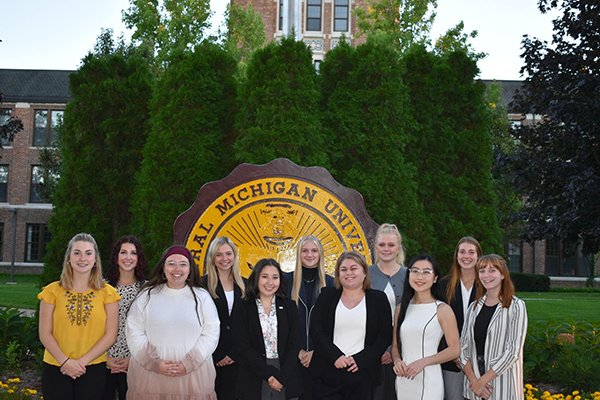School of Communication, Journalism, and Media
Don’t dream of the story you want to tell, make it happen.
Blend art with technology. Develop skills in graphic design, video/audio production, photography or computer programming that will prepare you for careers in business, advertising, publishing, computer gaming and more. Become part of a community that will empower you to make a difference in the world through the power of effective communication.
Welcome to the School of Communication, Journalism, and Media at Central Michigan University! SCJM is dedicated to empowering you with the skills and knowledge necessary to excel in today's rapidly evolving media landscape. With a range of programs and courses, we offer hands-on training in communication, journalism, media production, and more.
Our faculty are industry professionals and scholars who are passionate about mentorship and guiding you toward successful careers in media and communication. Whether you aspire to be a journalist, media producer, public relations specialist, or communication strategist, this is your launchpad to a thriving and impactful career.
SCJM programs
{{undergraduate.Name}}
{{undergraduateCertificate.Name}}
{{graduate.Name}}
{{graduateCertificate.Name}}
{{doctorate.Name}}









